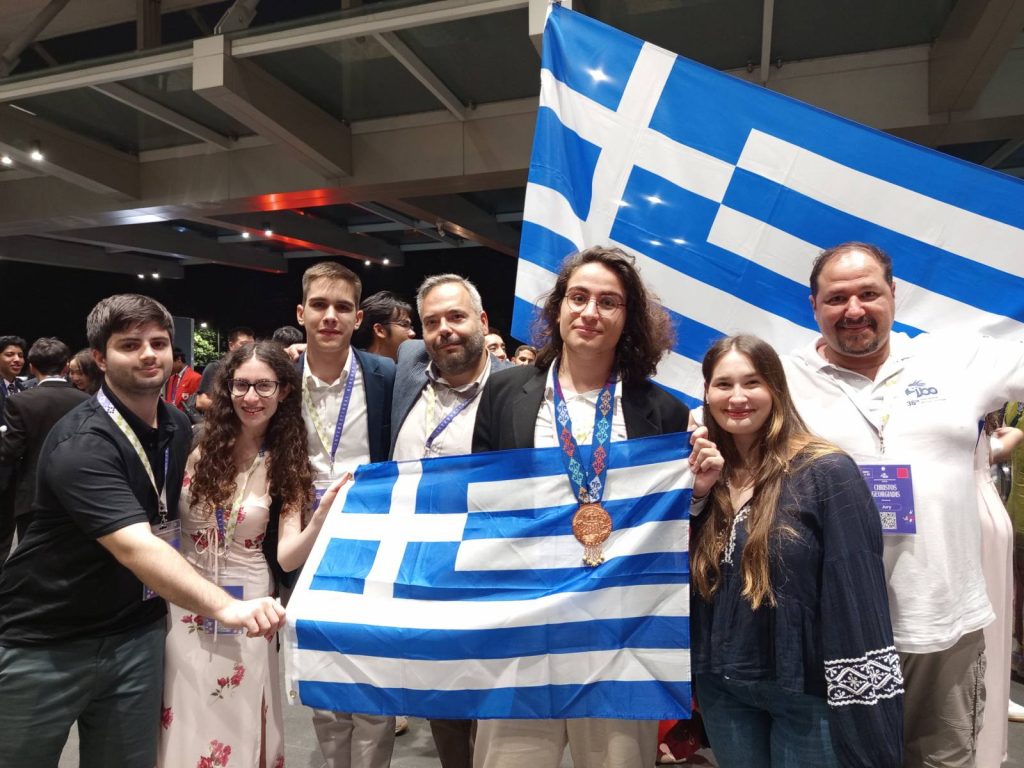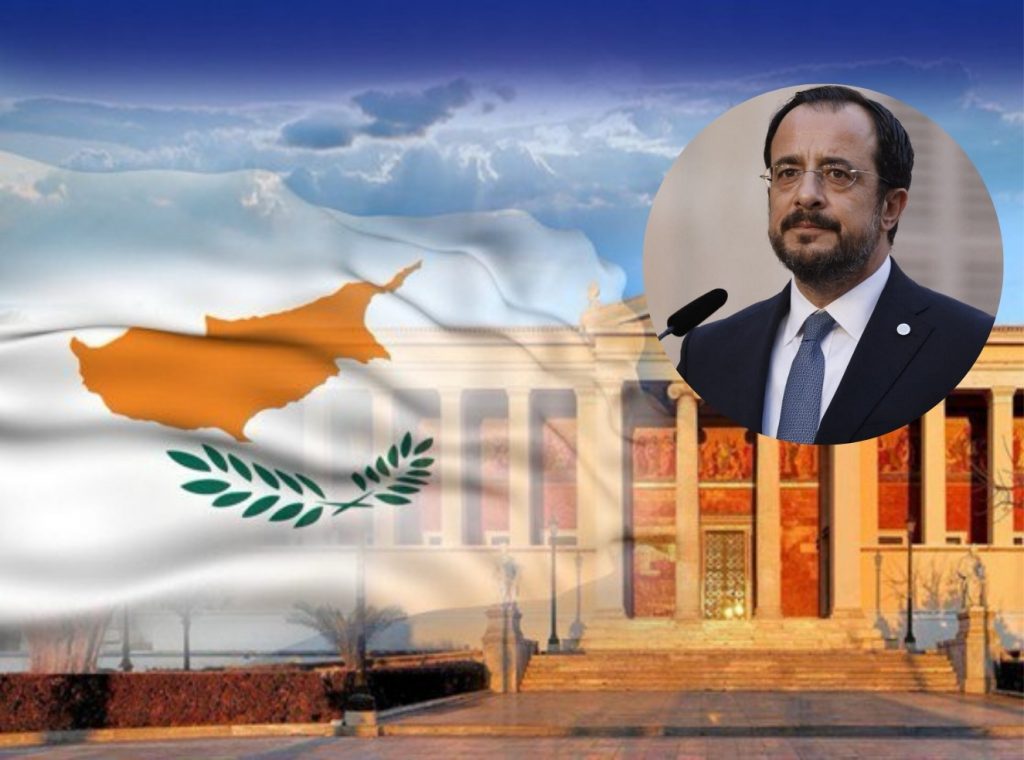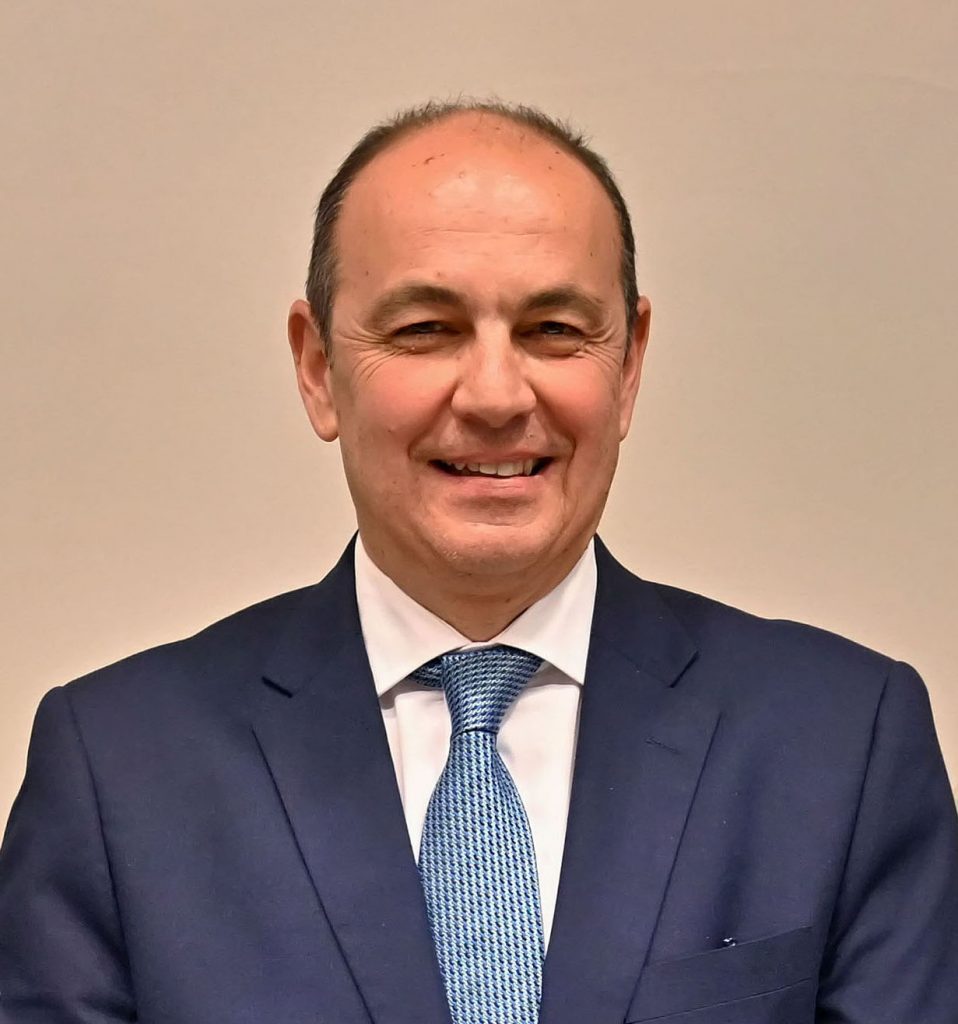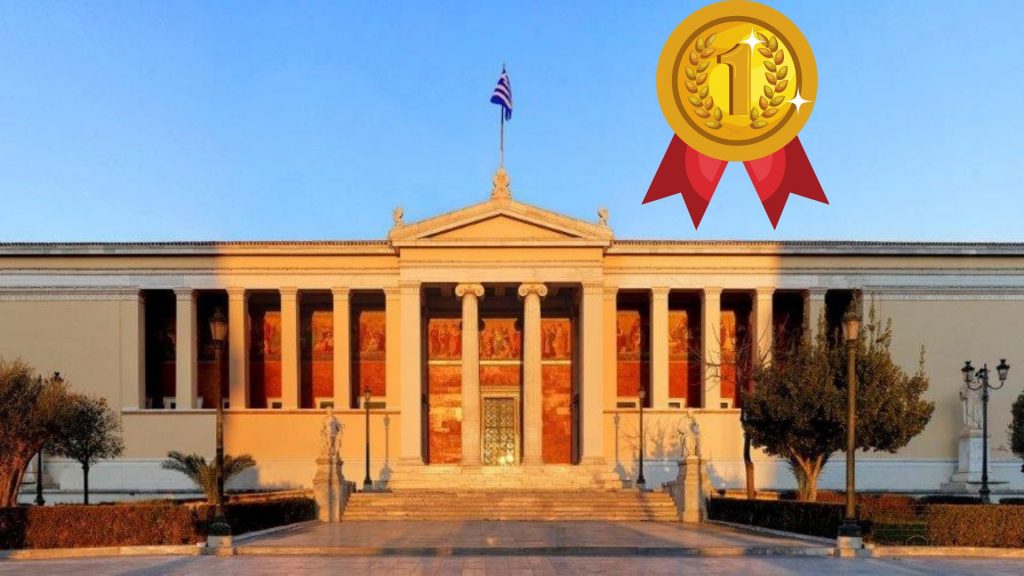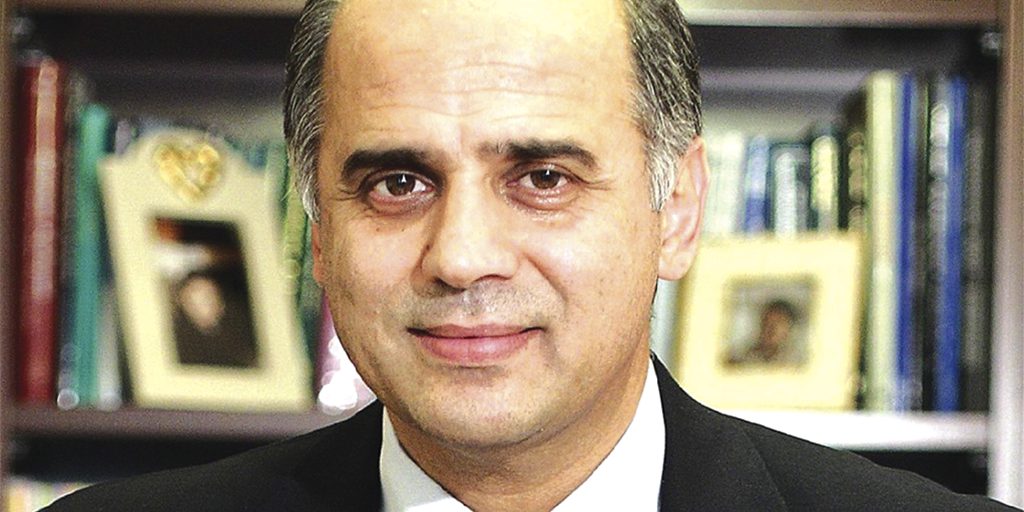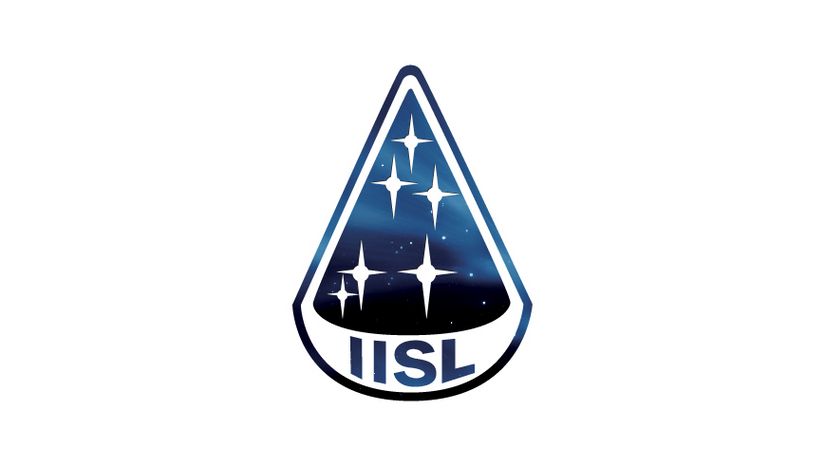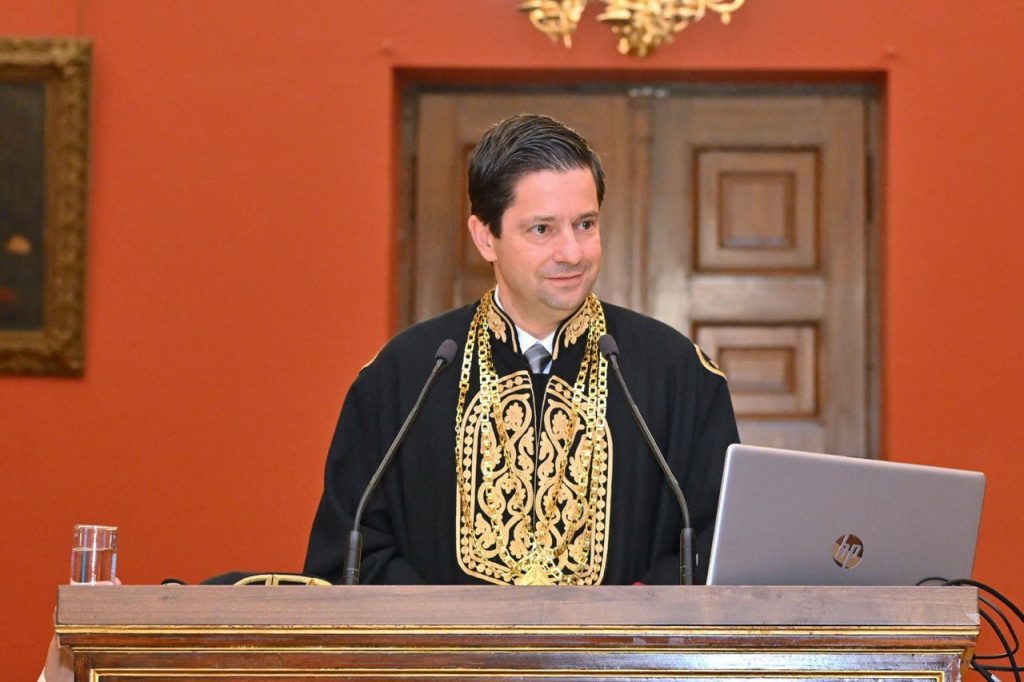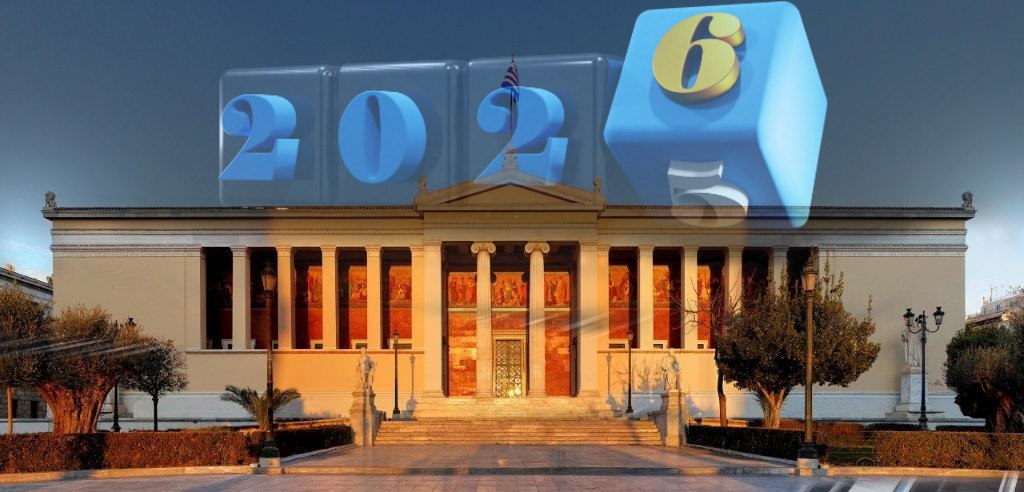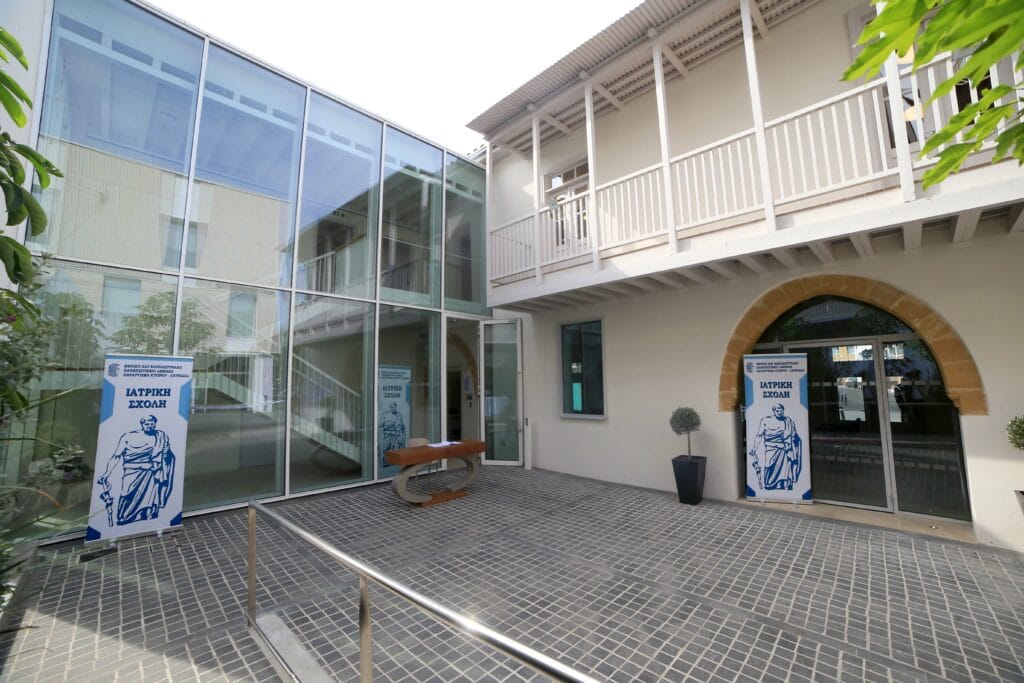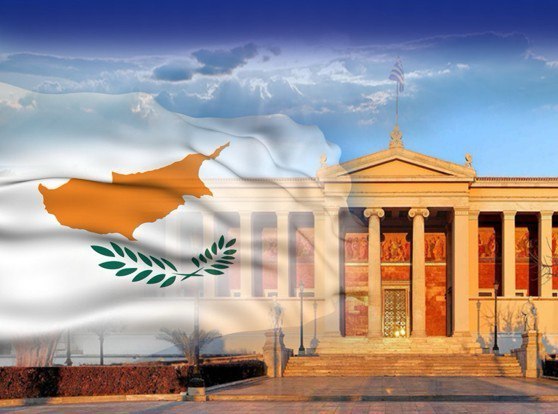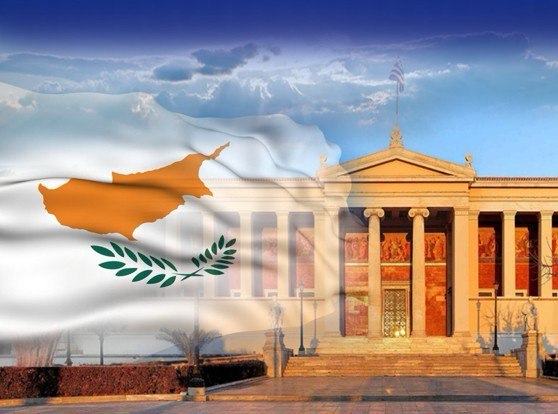Greece’s national team delivered another outstanding performance at the 36th International Biology Olympiad (IBO), held from 21 to 27 July 2025 in Quezon City, Philippines. Competing against over 320 students from more than 70 countries, the Greek team — made up of four final-year secondary school students — returned with one bronze medal and two honourable mentions.
Dimitris Kalogeropoulos was awarded the bronze medal, while Maria-Ioanna Michailidou and Ilias-Evangelos Theocharous earned certificates of merit for their commendable achievements.
The students who secured a place on this year’s national team were selected through a highly competitive process involving over 3,500 candidates from across the country. The final team comprised:
Maria-Ioanna Michailidou, Aristotelio College of Thessaloniki,
Dimitris Kalogeropoulos, The Moraitis Schools,
Ilias-Evangelos Theocharous, General Lyceum of Neapoli, Kozani, and
Michail-Aggelos Chalkiadakis, Model General Lyceum of Heraklion.
The Greek delegation was headed by Dr Georgios Kapolas, a secondary school biology teacher, with Dr Christos Georgiadis — a member of the Laboratory Teaching Staff in the Department of Biology at the National and Kapodistrian University of Athens (NKUA) and affiliated with the University’s Museum of Zoology — serving as assistant leader.
Since first participating in 2007, Greece has developed a strong and consistent presence at the IBO, having now accumulated a total of one silver medal, twenty bronze medals, and thirteen certificates of merit. The Olympiad offers a prestigious and intellectually rigorous platform, aimed at nurturing the world’s most promising young minds in the biological sciences.
What makes this year’s success particularly noteworthy is the broader educational context. Greek students compete with peers from countries where biology holds a more prominent position in the secondary school curriculum and where significantly more teaching hours are allocated to the subject. Despite biology being widely regarded as the science of the 21st century, in Greece it remains a relatively under-represented field in secondary education — except for pupils who choose to specialize in Health and Life Sciences (Third Stream) in their final year.
In this light, the Greek team’s achievements are not simply a reflection of academic aptitude, but a testament to the students’ passion, determination, and personal commitment to excellence.
Immediately after completing their national university entrance examinations, the selected students undertook an intensive, bespoke training programme at the NKUA’s Department of Biology. The two-week programme, led by volunteer academic and laboratory teaching staff, aimed to bridge gaps in both theoretical knowledge and practical laboratory skills — gaps that are, in many cases, a direct result of the current structure of biology education in Greek schools.
The Museum of Zoology at the National and Kapodistrian University of Athens was proud to act as one of the principal sponsors of this year’s Greek delegation. In doing so, the Museum not only supported the students’ efforts but also seized the opportunity to promote its educational mission on an international stage. The Museum remains committed to fostering scientific outreach, promoting excellence in life sciences, and contributing to the wider academic and societal goals of NKUA.


